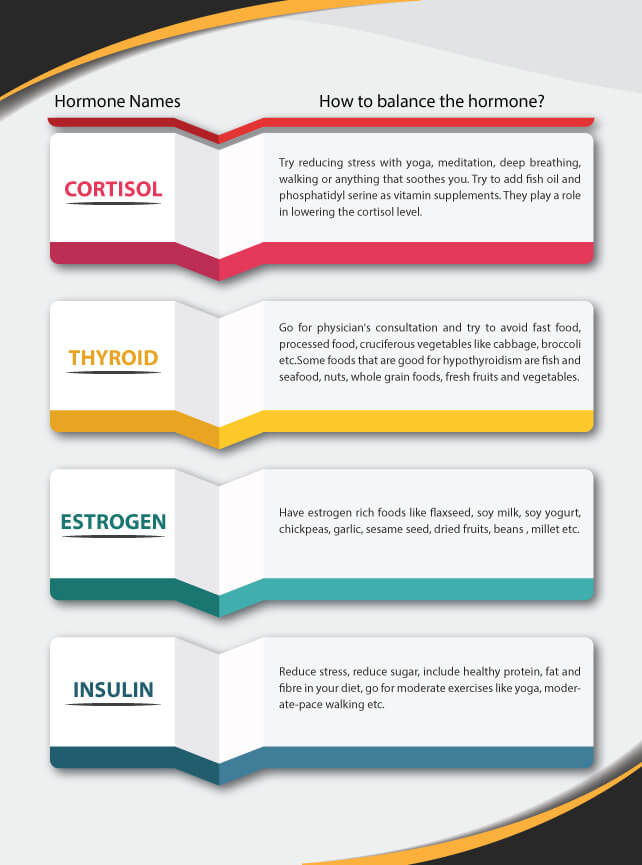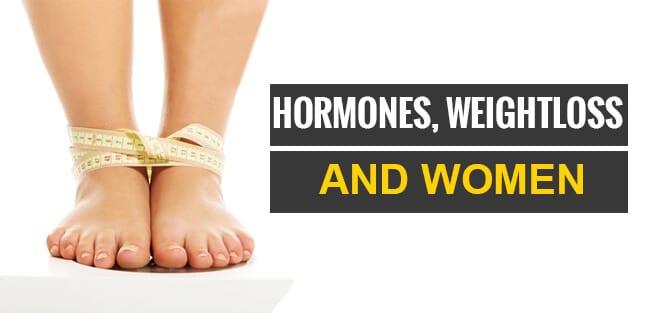Health, Weight Loss
Hormones, Weight Loss and Women | Possible
Have you been sweating for hours in the gym and giving up your favorite foods but still not losing weight? FYI, hormonal imbalance can be the reason.
Didn’t get me? Well let me explain here, your hormones can be a major weight gaining factor. Yes, hormones, these are the chemical substances released in your body for many functions including weight gain and weight loss.
And studies have shown that weight gain due to hormonal imbalances is more common in women than in men.
Table Of Content
You may have questions about hormonal imbalances specific to your body and weight management, you can always call or walk into one of our Possible Centres and ask our Nutrition experts. All for FREE! Just click and get started!
Why hormonal imbalances actually occur?
The main causes of hormonal imbalance are:
- The long gap between meals
- Binge Eating
- Taking sedatives
- Poor or insufficient water intake
- Lack of nutrients in your diet
Most women are found to gain weight between the ages of 35 and 55.
This is the period which is usually characterized by perimenopause and menopause. So hormonal imbalances during this phase of womanhood are very prevalent.
However, besides menopausal hormonal imbalances, there are a few hormones that are fat storing in nature.
The Weight Gain Hormones found in women are
Thyroid Hormone:
Thyroid deficiency is a condition where the abnormal low production of thyroid hormone or hypothyroidism slows down the body’s metabolism.
General symptoms are like sudden weight gain, fatigue, dry skin, etc. Studies show that the weight that is gained due to hypothyroidism is difficult to lose.
This deficiency is more prevalent in women and hence weight gain due to hypothyroidism is very common in them.
Estrogen:
It is the sex hormone that may cause weight gain in women.
During menopause, the low level of estrogen makes the body use starches and blood sugar effectively. This results in more storage of fat and hence gaining weight.
Also, not only during menopause, if generally, the estrogen levels in women become too little or too high or the ratio of estrogen and progesterone deflects from normal, women seem to be gaining weight particularly in the mid-section, thighs, and hip areas.

Progesterone:
Again during the halting of menses in women, the progesterone level decreases too. And this although doesn’t make women gain weight, It leads to water retention and bloating. These, in turn, make the body feel heavier and full.
Testosterone:
Yes, we all are aware that this is a male hormone. However, in many women, testosterone level roars up and becomes one of the reasons for weight gain in women.
This condition is elaborately known as Polycystic Ovarian Syndrome (PCOS). PCOS is one of the causes of hormonal imbalance in females that is often accompanied by appearances of facial hair, acne, infertility, etc.
Cortisol:
This hormone is the primary stress hormone. Lack of sleep or anxiety can cause the production of cortisol in the blood. Whenever you are stressing out, your body releases cortisol that holds on to the visceral fat of your body.
It is a way that cortisol prepares your body for danger times and thence makes you gain weight. Also, during stress, the craving for sweet is caused by cortisol too, all the more reason to gain weight.
Proper sleep can help in controlling cortisol
Ghrelin:
Popularly known as the hunger hormone, it is produced in the stomach. This hormone signals the brain that we’re hungry.
Our body is amazingly adapted with ghrelin, that’s why we always keep getting the “I’m hungry” signals from ghrelin. But studies show that with proper exercises, ghrelin levels can be decreased. This ghrelin low level becomes a prime factor in fat loss.
Insulin:
Insulin imbalance causes inflammation in the body. This inflammation makes the weight controlling hormone leptin less effective.
Moreover, insulin imbalance increases the secretion of the stress hormone, cortisol, which as mentioned is responsible for weight gain.

The good news for you is that your body also produces certain chemical hormones that can be called as weight loss hormones. So having the right hormonal balance of these weight loss hormones can be pretty beneficial.
The weight Loss Hormones are
Leptin:
Popularly known as the ‘satiety hormone’, plays a major role in reducing hunger. It basically functions opposite to ghrelin as it decreases the appetite.
It is released from the fat cells in your body. The leptin hormone inhibits hunger. More the body fat more is the release of leptin. However, it is found that excessive body fat leads to too much of leptin- a condition called leptin resistance. To combat this and to keep your leptin levels optimized, go for antioxidant-rich foods.
Adiponectin:
The leaner you are, the more adiponectin is released in your fat cells. It basically betters the ability of your muscles to use carbohydrates for energy. This boosts the metabolism of the body and thereby elevates the level of breaking down of your body fats. This is an important weight-loss hormone that can be optimized by making you become leaner.
Glucagon:
It acts opposite to insulin and is responsible for breaking down of stored fats and carbohydrates.
You can maximize glucagon’s level by including diet which is protein rich and low in carbohydrate. But do not go for any zero carb diet ever.
Cholecystokinin:
On consumption of protein or fats, your intestinal cells release a hormone called Cholecystokinin. It is one of the most important hormones responsible for weight loss. It signals your brain to turn over the satiety level and it also slows down the digestion. Thus you will feel fuller and eat less. To maximize it, you should always include protein and fat in your diet.
Growth hormone:
These hormones promote breaking down of the fats that are stored and to burn to release energy. Some high-intensity exercises can increase this weight-loss hormone.
Epinephrine:
This is a fat burning hormone that enhances the burning of fat to release energy. It is also responsible for the suppression of appetite. And thereby it promotes eating less.
The good news is, hormonal weight gain is that this can be corrected with the right diet and supplements.
At Possible, we have seen women with many hormonal issues lose weight with a proper diet. Be it Ashwini’s journey of tackling PCOD and losing 20 Kgs or Lakshmi’s story of losing 10 Kgs along with controlling Thyroid and Diabetes.
So before you go for weight losing measures be sure if the hormones are balanced. If no, now you know what to do!


This post is very informative & gives a brief knowledge about women ‘s hormones . Thank you for sharing such a great post.
Thank you for your feedback. Keep reading our blogs. 🙂